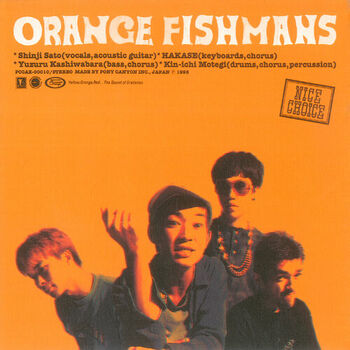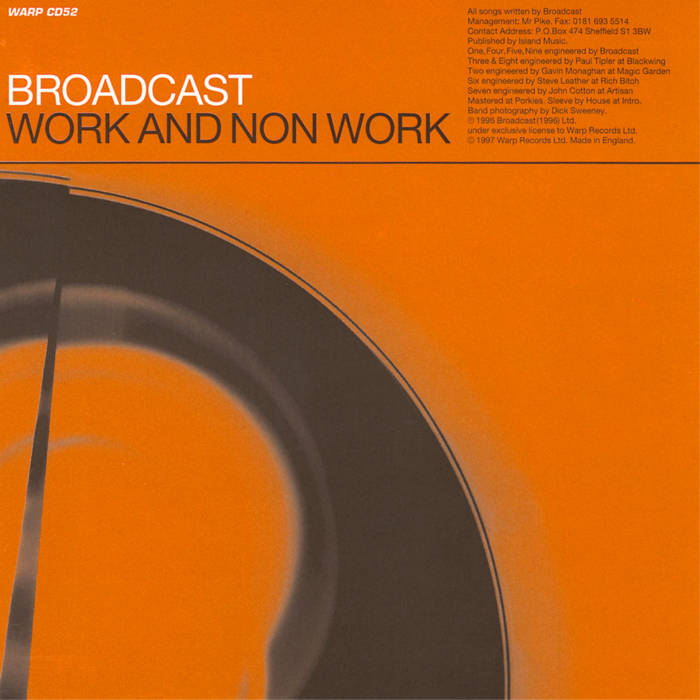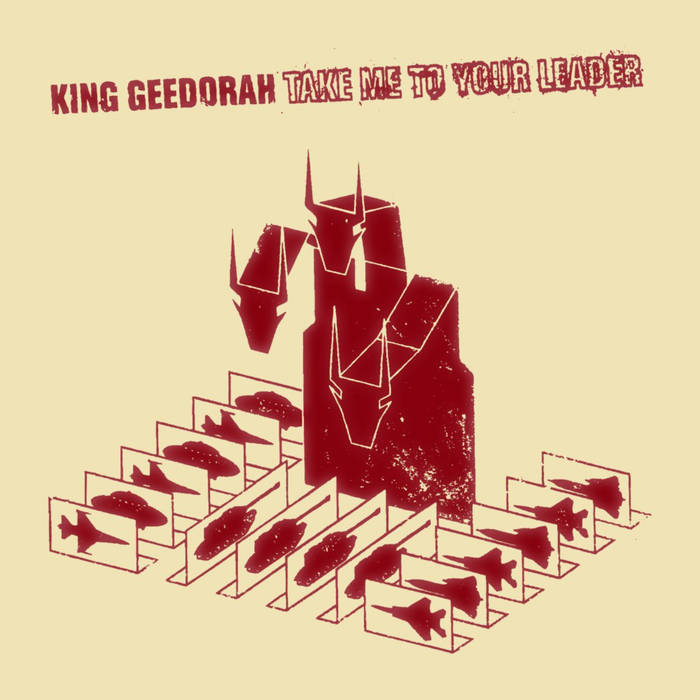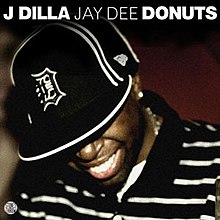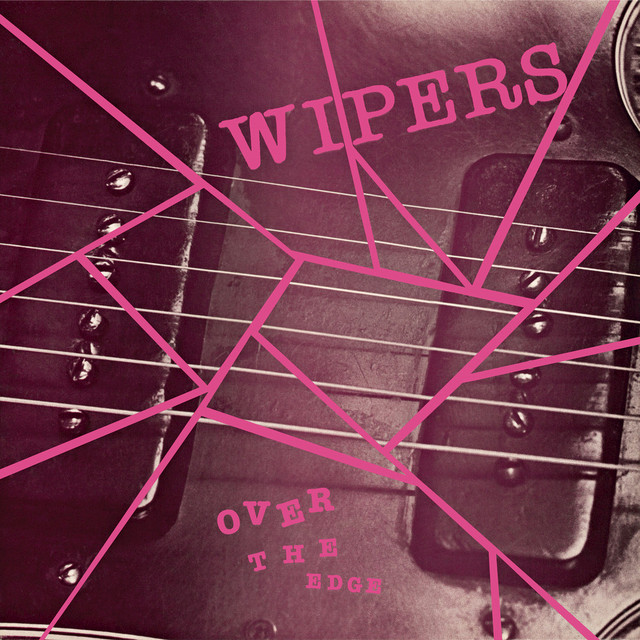Philadelphia-based pop-emo band Sweet Pill released their debut album with Topshelf Records in May of this year. Sadly, I had not gotten the chance to listen to it until recently. Since I first gave the LP a listen, it has been on repeat.
Coming in at 30 minutes, this album kept me entranced throughout the entire listen. Tracks flow from one to the next with great fluidity. The utilization of pop elements and structure over the emo instrumental and vocals make this record so replayable for me.
Lead singer Zanya Yousseff, guitarists Jayce Williams and Sean McCall, bassist Ryan Cullest and drummer Chris Kerneymakes make this album special. You can tell from the first listen that this passion project has been in the works for over two years.
Favorite Tracks
“Blood” is my favorite off of this album. Coming in off the title track, this song is about the anger that comes with a falling out and it does not mess around. This song utilizes breaks and a gritty, distorted rhythm guitar to really make each drop feel like a gut punch.
The song “Sometimes” also really stands out to me. I can’t help but bob my head when this song comes on. This song masterfully blends pop and emo to create something that’s fun to listen to but with a certain heaviness that’s unexplored in pop.
Conclusion
This album consistently uses violence to express anger and unfulfillment with life. I really appreciate Sweet Pill’s ability to use violence and make it effective consistently. They utilize this explosivity to such a degree that it’s impossible to skip one of their tracks when it comes on.
Sweet Pill’s work is filled with so much energy and enthusiasm and I can imagine them evolving their sound into something truly unique to them. I can’t wait to see what they come up with in the coming years.


